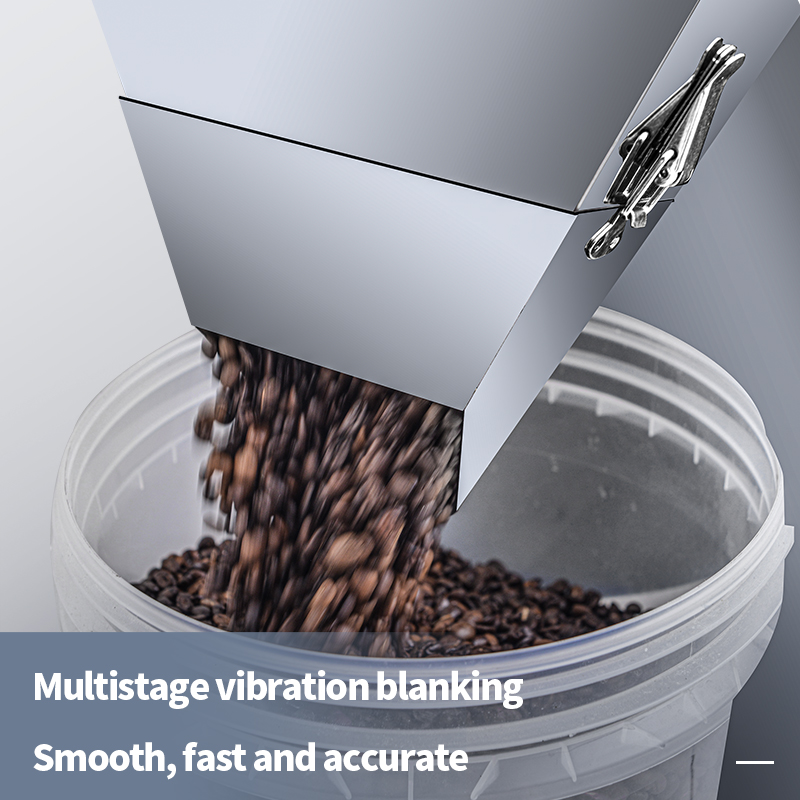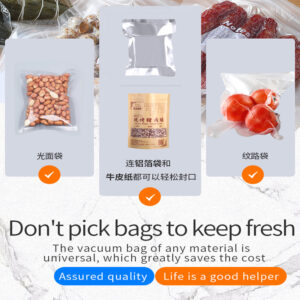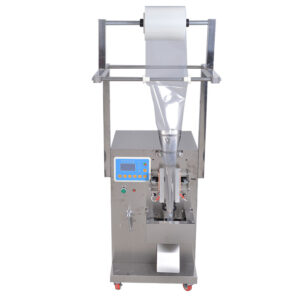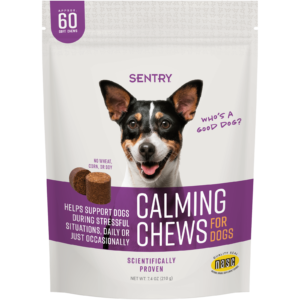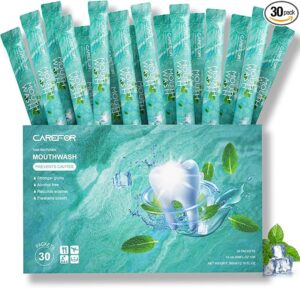Upon entering the coffee industry, it soon becomes apparent that packaging serves more than just as a vessel for beans; it is an extension of the brand and the first impression seen by consumers. Excellent packaging not only enhances brand image but also communicates the quality of the coffee beans inside. Every roaster strives to deliver the freshest, most flavorful coffee beans, yet poor packaging can undermine these efforts.
The Importance of Packaging for Coffee Quality
Consider a perfect batch of coffee beans with an enticing aroma and flawless appearance; if stored in inferior packaging, factors such as moisture, light, and air will gradually affect them over time, diminishing their aroma and altering their taste. Thus, packaging is crucial for maintaining the freshness of coffee beans.
Exploring Coffee Packaging Options
The world of coffee packaging offers a variety of choices to meet different needs. Here are the six most common types:
| Type | Durability | Cost | Aesthetics | Storage Space | Recyclability | Sealing Options |
|---|---|---|---|---|---|---|
| Metal Cans | High | Moderate to High | Standard | Bulky | High | Vacuum seal |
| PET Jars | Moderate | Moderate | Transparent | Bulky | Moderate | Screw cap/seal |
| Flat Bottom Bags | Moderate to High | Moderate | Customizable | Compact | Moderate | Resealable |
| Quad Seal Bags | Moderate to High | Moderate | Customizable | Compact | Moderate | Resealable |
| Doy packs | High | Low to Moderate | Customizable | Compact | Moderate | Zip seal |
| Pillow Bags | Moderate | Low | Simplistic | Most Compact | Moderate | Heat sealed |
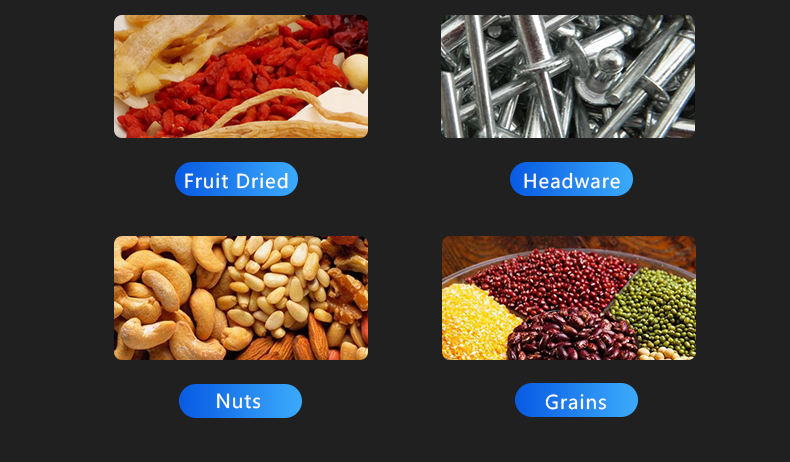
Characteristics of Various Coffee Packaging
- Metal Cans: Made from aluminum or tinplate, metal cans block nearly all UV rays, preserving coffee freshness and allowing for detailed branding.
- PET Jars: Transparent PET jars allow consumers to see the coffee, but they should be protected from UV rays, which can degrade coffee quality.
- Flat Bottom Bags: These modern, multi-layered bags stand upright and include a degassing valve, making them ideal for freshly roasted coffee beans.
- Quad Seal Bags: Elegant and efficient, these bags protect coffee from elements and can extend shelf life.
- Doypacks: With a distinctive shape and resealable zip, doy packs maintain freshness after the initial opening. They are lightweight, making them easy to transport.
- Pillow Bags: Traditional and simple, these bags are cost-effective but lack features for fresh roasts.
How to Choose the Right Coffee Packaging
Selecting the best packaging starts with understanding your coffee’s needs, such as the freshness of the roast, and considering storage and distribution conditions.
- Protective Features: Packaging must prevent oxidation, moisture, and block UV rays to maintain coffee quality.
- Sustainability: Sustainable packaging, like biodegradable materials, appeals to eco-conscious consumers and reduces environmental impact.
- Size and Shape: Packaging should fit the quantity and type of coffee while being shelf-friendly and convenient for consumers.
- Reclosure: Reclosure mechanisms like zip-locks or tin ties keep coffee fresh after opening.
- Material Strength: Packaging must be durable to protect coffee during transportation.
- Cost-effectiveness: Balancing quality and affordability without compromising freshness is key.
- Labeling: Labels are the voice of the coffee brand. They should be visually appealing and informative, outlining essential coffee details and building consumer trust.
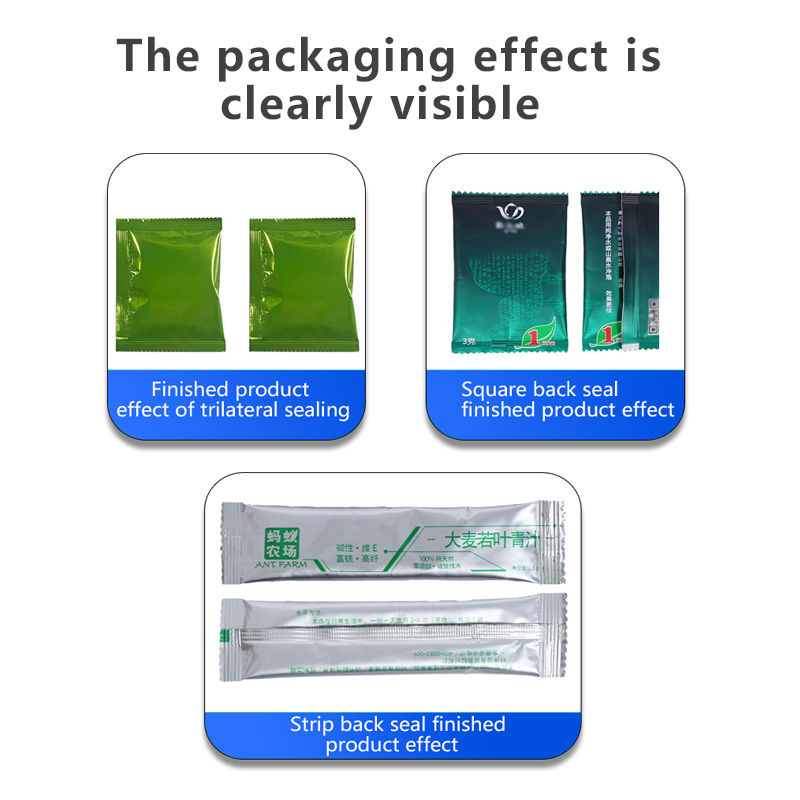
The Filling Process: The filling process is crucial for both large-scale operations favoring automatic systems for efficiency and consistency, and artisanal packaging valuing the personal touch of manual filling. Balancing scale, precision, and personalization is vital.
Ensuring Consumer-Friendly Coffee Packaging: User-friendliness in coffee packaging ensures a smooth, convenient, and pleasant interaction with the package, from easy opening to clear labeling and resealability, enhancing the consumer experience.
Conclusion
Understanding the complexities of coffee packaging is essential. It’s where science meets art, with constant innovation. As the coffee industry evolves, so do packaging needs and innovations. Staying informed and adaptable, while pursuing the perfect blend of functionality and aesthetics, is key.
